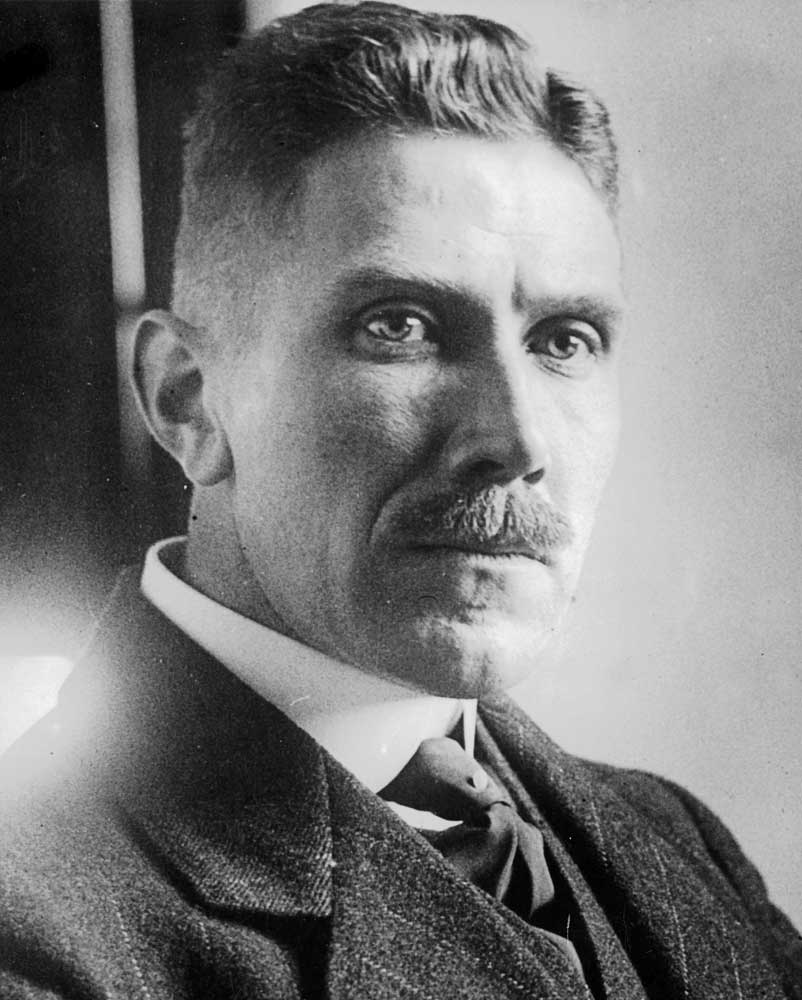- 09 Dec 2014 15:56
#14496573
From one of my favorite websites, Wikipedia. The excerpt below is from wiki's page on the book The decline of the west. Spengler's idea gave my mind a 180° when I first read it.
Spengler asserts that democracy is simply the political weapon of money, and the media is the means through which money operates a democratic political system. The thorough penetration of money's power throughout a society is yet another marker of the shift from Culture to Civilization.
Democracy and plutocracy are equivalent in Spengler's argument. The "tragic comedy of the world-improvers and freedom-teachers" is that they are simply assisting money to be more effective. The principles of equality, natural rights, universal suffrage, and freedom of the press are all disguises for class war (the bourgeois against the aristocracy). Freedom, to Spengler, is a negative concept, simply entailing the repudiation of any tradition. In reality, freedom of the press requires money, and entails ownership, thus serving money at the end. Suffrage involves electioneering, in which the donations rule the day. The ideologies espoused by candidates, whether Socialism or Liberalism, are set in motion by, and ultimately serve, only money. "Free" press does not spread free opinion—it generates opinion, Spengler maintains.
Spengler admits that in his era money has already won, in the form of democracy. But in destroying the old elements of the Culture, it prepares the way for the rise of a new and overpowering figure: the Caesar. Before such a leader, money collapses, and in the Imperial Age the politics of money fades away.
Spengler's analysis of democratic systems argues that even the use of one's own constitutional rights requires money, and that voting can only really work as designed in the absence of organized leadership working on the election process. As soon as the election process becomes organized by political leaders, to the extent that money allows, the vote ceases to be truly significant. It is no more than a recorded opinion of the masses on the organizations of government over which they possess no positive influence whatsoever.
Spengler notes that the greater the concentration of wealth in individuals, the more the fight for political power revolves around questions of money. One cannot even call this corruption or degeneracy, because this is in fact the necessary end of mature democratic systems.
On the subject of the press, Spengler is equally as contemptuous. Instead of conversations between men, the press and the "electrical news-service keep the waking-consciousness of whole people and continents under a deafening drum-fire of theses, catchwords, standpoints, scenes, feelings, day by day and year by year." Through the media, money is turned into force—the more spent, the more intense its influence.
For the press to function, universal education is necessary. Along with schooling comes a demand for the shepherding of the masses, as an object of party politics. Those that originally believed education to be solely for the enlightenment of each individual prepared the way for the power of the press, and eventually for the rise of the Caesar. There is no longer a need for leaders to impose military service, because the press will stir the public into a frenzy, clamor for weapons, and force their leaders into a conflict.
The only force which can counter money, in Spengler's estimation, is blood. As for Marx, his critique of capitalism is put forth in the same language and on the same assumptions as those of Adam Smith. His protest is more a recognition of capitalism's veracity, than a refutation. The only aim is to "confer upon objects the advantage of being subjects."
"Everyone sees what you appear to be, few experience what you really are." - Machiavelli
























 - By Pants-of-dog
- By Pants-of-dog - By Fasces
- By Fasces - By Tainari88
- By Tainari88